
The emergence of cryptocurrency has raised a variety of critical ethical and religious concerns in the Muslim world, including the particularly salient: “Is spot trading halal?” This blog post aims to answer this particular question, focusing on Binance and Bitcoin, but also addressing other popular cryptos. We also define what spot trading is in crypto, outline its differences with other trading types, and present relevant scholarly views from Islamic finance.
What is Spot Trading in Crypto?
In crypto spot trading, a buyer transacts a virtual currency like Bitcoin and Ethereum in exchange for instant delivery. This type of transaction is referred to as “on the spot” trading, whereby payment is made beforehand and the digital currency is directly transferred to the buyer’s digital wallet. This is not the same as margin trading or futures trading since those involve the use of leveraged capital or deals with payment in the future.
Key Characteristics of Spot Trading:
- Payment is made and settled instantly.
- No debt is incurred.
- Payment in full for the asset allows its live transfer of ownership.
The reasoning for most scholars leaning towards the viewpoint of spot trading being a compliant transaction is due to its straightforward nature.
What Does the Quran Say About Trading?

This verse indicates that trading (al-bay’) is halal, while interest (riba) is prohibited. Thus, if a trading practice such as spot trading does not entail interest, speculation, or gambling, it conforms to the guidelines of a halal business activity.
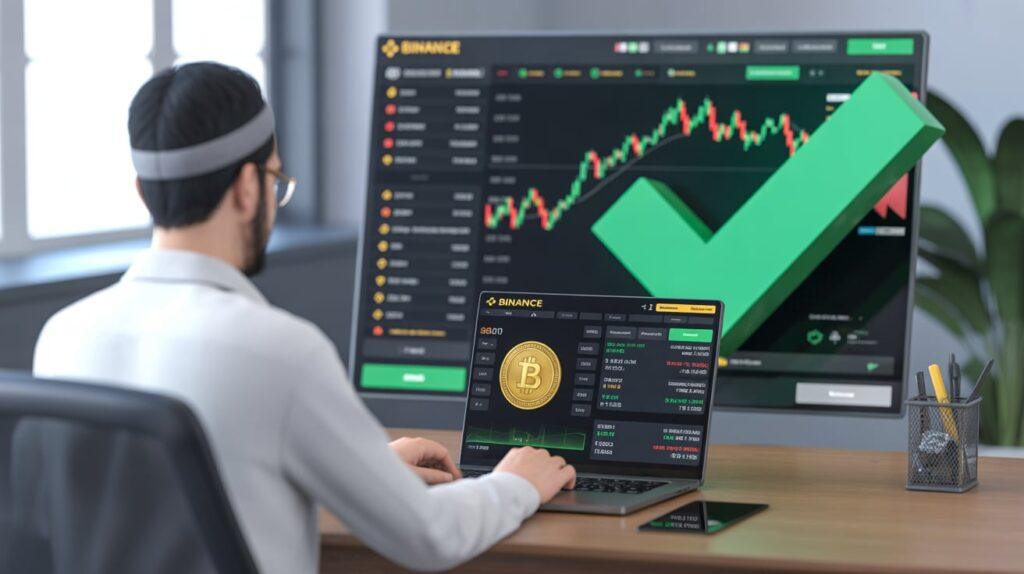
Is Spot Trading Allowed in Islam?
Activities involving riba, garar, and maysir are prohibited in Islam, and spot trading activity. There have been multiple spot trading evaluations conducted by Islamic scholars relating to this practice.
Scholarly Opinions:
- One of the well-known scholars in Islamic finance, Mufti Taqi Usmani, has a differentiation between his restrictions and areas of leniency within a trade. Generally, Usmani does approve transactions where a party has full ownership of the goods and the exchange is conducted in a non-delayed or immediate manner.
- Dr. Zakir Naik acknowledges that cryptocurrency is not explicitly forbidden in Islam. Not inherently Haram, but concerns exist.
- Transactions that are made on the spot are allowed under Islamic contract laws according toAAOIFI (Accounting and Auditing Organization for Islamic Financial Institutions) as they involve both payment and delivery simultaneously.
- Other major fatwa sites, along with IslamQA.info, have stated the following:
“If the trading involves actual ownership of crypto assets and does not involve leverage or interest-bearing loans, it is permissible (halal).”
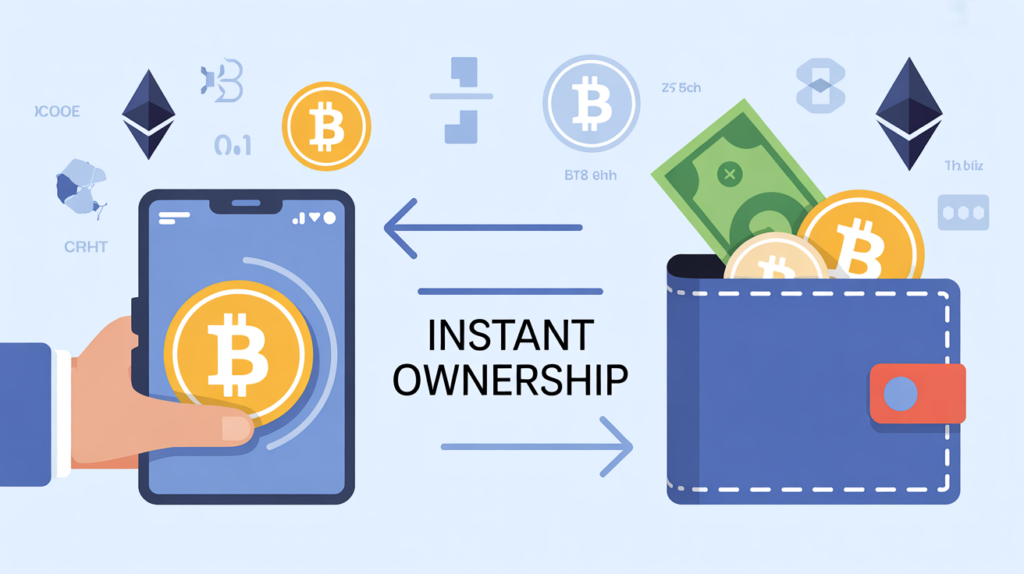
Reasons why Spot Trading is Halal:
- No interest (riba) is utilized.
- Ownership is transferred immediately and in real-time.
- No speculative contracts or futures.
- No gambling.
Is spot trading on Binance and other exchanges Halal or Haram?
Binance and other exchanges have both spot and margin trading. From an Islamic point of view, margin, futures, and options trading are out of bounds as they tend to leverage (riba) and speculate (gharar) excessively.
So, is spot trading allowed for Muslims on Binance? Mostly. Use only your money, deal in real crypto assets, and avoid leveraged products—then it’s halal.
Complete side-by-side Details
| Jurisdiction / Mufti | Asset Type | Spot Trading Ruling | Key Conditions / Notes |
|---|---|---|---|
| International (AAOIFI/Shariyah Review) | Fiat currency | Halāl | Immediate exchange, equal amounts, actual possession required |
| Egypt (Muftī Shawky Allam, Dār al Iftāʼ) | Cryptocurrency | Harām | Highly volatile, unregulated, speculative, no institutional approval |
| Jordan / Palestinian / Turkish scholars | Cryptocurrency | Harām | Platform-based accounts ≠ actual ownership; treated as speculative forex |
| Pakistan (Darul Uloom Binoria Fatwā 47117) | Cryptocurrency (spot) | Halāl (with reservations) | Ownership requirement key; profits should be withdrawn or charitable if doubt exists |
| Pakistani muftis (e.g. Mufti Taqi Usmani) | Crypto and derivatives | Spot may be allowed, futures are harām | Strict view: true possession and delivery needed; derivatives and speculation disallowed |
Is spot trading Halal or Haram in crypto?
Based on the principles outlined, many scholars agree that crypto spot trading remains halal provided that:
- The digital asset in question is not utilized in haram activities or business.
- Instant ownership transfer is ensured.
- No riba or interest-based borrowing transactions take place.
Thus, many scholars believe crypto spot trading is Halal as long as Shariah laws are adhered to.
Examples of Halal Spot Trading:
- Using fiat to buy Bitcoin and storing it in your wallet.
- Exchanging Ethereum for USDT on the spot, and the proceeds are promptly withdrawn.
Caution:
Don’t invest in tokens relevant to alcohol, gambling, or other haram industries.
Final Verdict: Is Spot Trading Halal?
After thorough analysis by Islamic scholars alongside financial specialists, the consensus is that spot trading is predominantly permissible as halal, so long as:
- So, these assets are not haram in trading.
- Margin trading or futures must not be involved.
- The assets being traded must be owned.
Always obtain independent advice from a local trusted scholar, but most academic voices are in consensus, accepting the merit of crypto spot trading with appropriate conditions.
Final Thought
If you’re a Muslim investor considering crypto, start by:
- Using spot markets only
- Avoiding interest-based accounts
- Researching tokens before trading
Spot trading gives you a halal way to participate in the crypto space while staying within the boundaries of Shariah.
Have more questions? Drop them in the comments or consult your local Mufti.
Summery
Trading of this nature simply refers to buying or selling an asset in cryptocurrencies, notably Bitcoin or Ethereum, with the following immediate delivery – it does not involve borrowing or leverage at all.
Sharia spot trading is halal provided it does not involve any of the above-discussed issues: interest, uncertainty, or gambling.
Scholars and muftis including Mufti Taqi Usmani and fatwa portals such as IslamQA are on the consensus that immediate exchange of assets in spot transactions is permissible provided that:
Assets are unfettered by debt
There is immediate exchange of the assetNo interest or high-risk speculation.
Conclusion:
There is nothing of interest involved in doing speculative trades on the futures markets or taking excess positions through leverage on platforms like Binance in line with Shari’a guidelines under the Islamic financial system.
Table of Content
Table of Contents
ToggleAbout Company
pakcryptoinfo is a team of crypto enthusiasts, traders on a mission to simplify digital currency for everyone. We are dedicated to providing innovative solutions tailored to your needs. With a focus on quality and customer satisfaction, our team works tirelessly to ensure your experience with us is seamless and rewarding.
Most Recent Posts
- All Posts
- Crypto and Islam
- Crypto News
- Featured Personalities
- Pak Crypto News
- PakCryptoInfo Blogs
Tags
- is spot trading halal, ,is spot trading halal in Binance, ,is spot trading halal or haram, ,what is spot trading in crypto
Follow on Social Media
Buy Crypto
If your are beginner and want to start your journey in crypto also want to get the basic guide we can help you to start your crypto journey in buying crypto and many more.

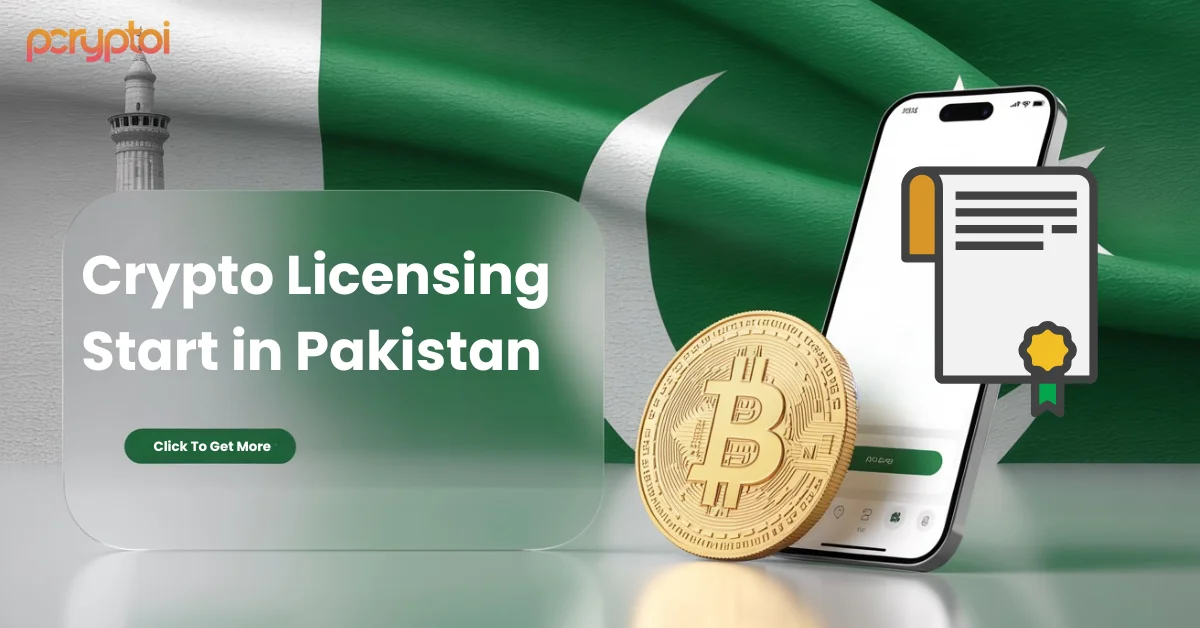
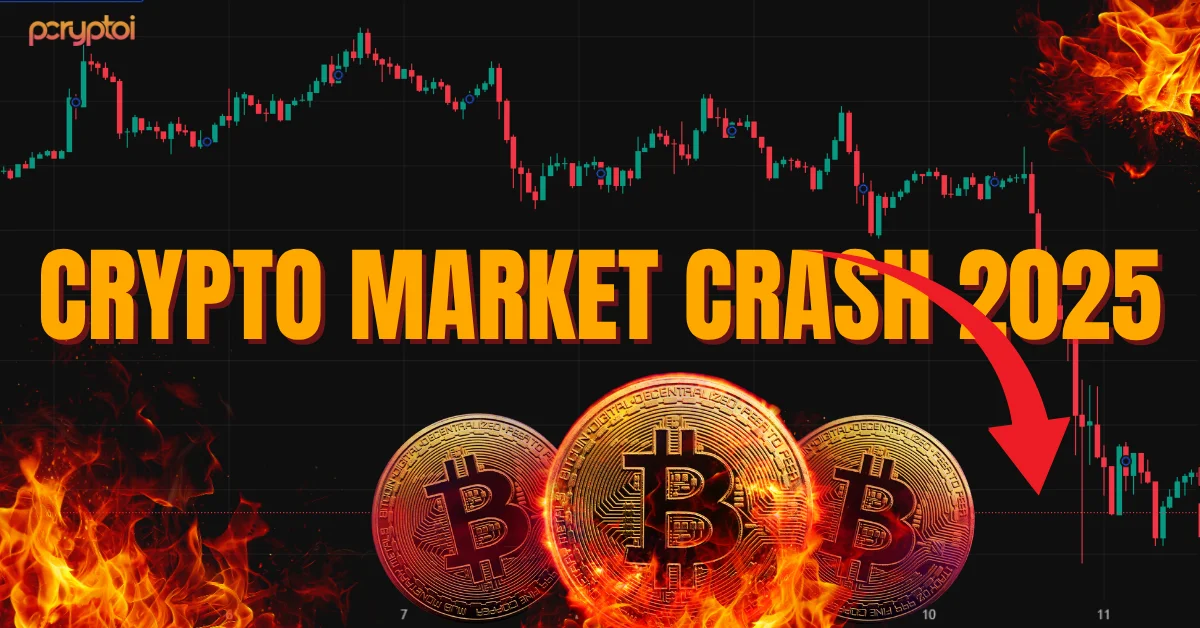
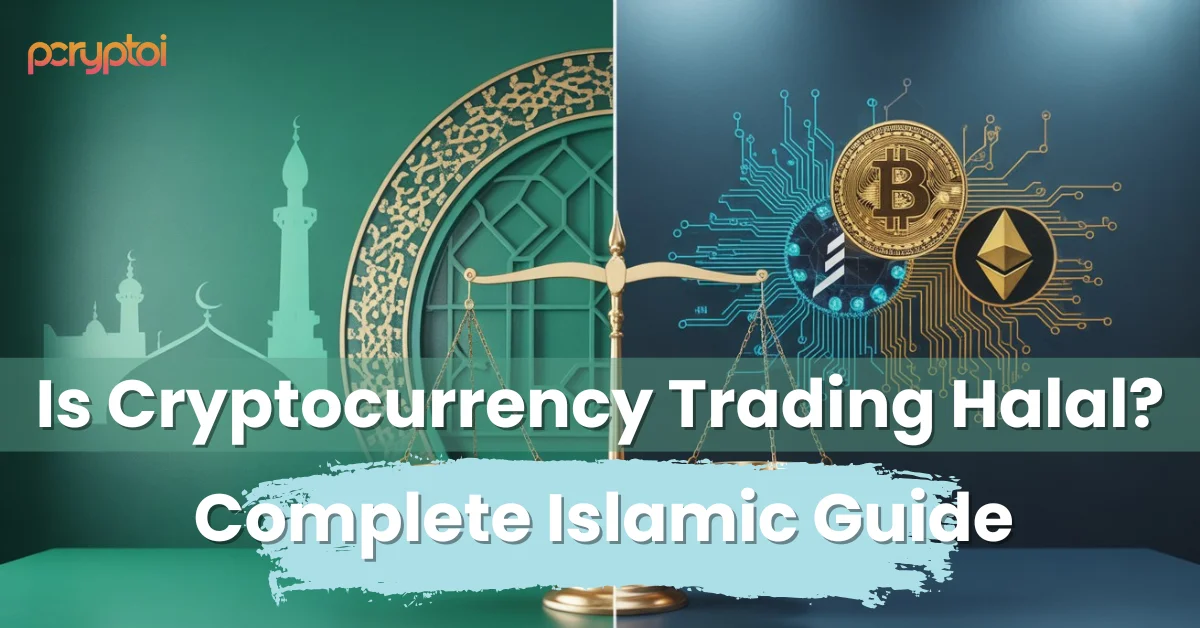
 Bitcoin
Bitcoin  Ethereum
Ethereum  Tether
Tether  XRP
XRP  USDC
USDC  TRON
TRON  Lido Staked Ether
Lido Staked Ether  Dogecoin
Dogecoin  Cardano
Cardano